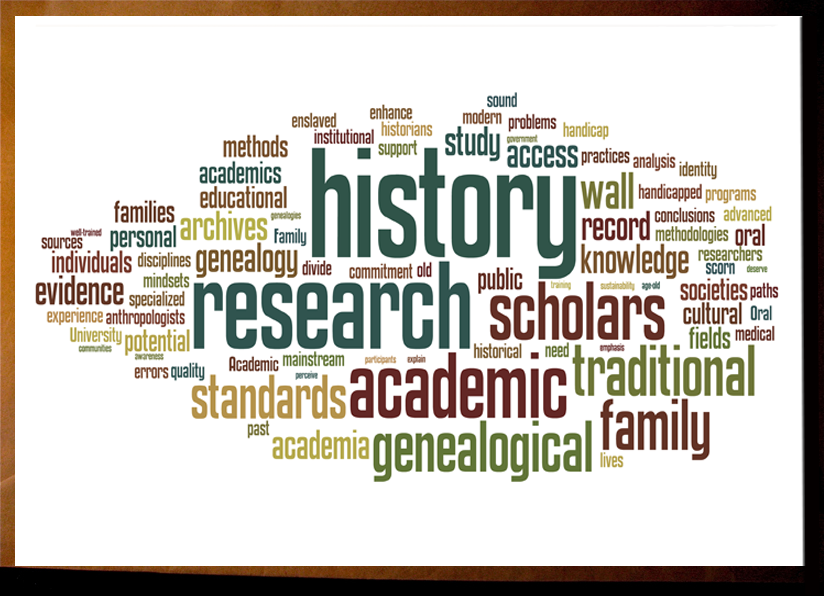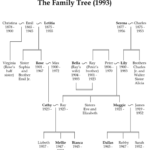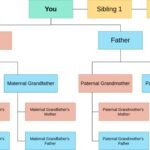Genealogical dictionaries are indispensable tools for academic research, particularly in fields like history, anthropology, and sociology. By providing structured information about families, lineages, and historical terminology, these resources help scholars uncover connections, contextualize events, and build comprehensive narratives.
Tracing Family Histories
Genealogical dictionaries are often used to document detailed family histories, making them invaluable for genealogists and historians.
- Academic Benefit: Scholars studying specific families or societal structures use these dictionaries to identify key relationships, migrations, and changes in status over time.
- Example: Researchers analyzing noble lineages can trace the inheritance of titles and estates through detailed records.
Decoding Historical Terms and Contexts
Many genealogical dictionaries include explanations of archaic terms, professions, and social ranks.
- Academic Benefit: These definitions help academics interpret historical documents, making it easier to understand societal norms and roles from earlier periods.
- Example: A term like “yeoman” might appear in both genealogical dictionaries and estate records, providing clarity about social standing.
Cross-Referencing Other Sources
Genealogical dictionaries complement primary sources like census records, parish registers, and legal documents.
- Academic Benefit: Researchers use these dictionaries to verify names, dates, and relationships mentioned in other documents.
- Example: Matching entries in a genealogical dictionary with a land deed can confirm family ownership across generations.
Supporting Sociological and Anthropological Studies
Genealogical dictionaries provide insights into familial structures, population movements, and cultural shifts.
- Academic Benefit: Anthropologists and sociologists studying kinship systems or migration patterns can use these dictionaries to build evidence-based arguments.
- Example: Tracing the spread of surnames can reveal migration trends within a specific region or time period.
Preserving and Analyzing Cultural Heritage
Genealogical dictionaries also play a critical role in preserving cultural history and heritage.
- Academic Benefit: By documenting names, origins, and societal roles, these dictionaries help researchers study the evolution of cultural identities.
- Example: In diaspora studies, genealogical records can highlight cultural retention or adaptation among immigrant communities.

Challenges and Limitations in Academic Use
While genealogical dictionaries are incredibly valuable, they are not without limitations.
- Incomplete Records: Many dictionaries focus on specific regions, eras, or social classes, leaving gaps in data.
- Accuracy Concerns: Early genealogical dictionaries might contain errors due to limited verification methods.
- Accessibility Issues: Some dictionaries, particularly older print editions, may not be readily available.
The Future Role of Genealogical Dictionaries in Academic Research
As technology advances, genealogical dictionaries are becoming more accessible and versatile. Digital formats now incorporate searchable databases, multimedia elements, and integration with genetic testing platforms.
- Potential Impact: These innovations will continue to expand the scope and reliability of genealogical research, further supporting academic inquiry.
Conclusion
Genealogical dictionaries bridge the gap between historical records and modern research, providing essential data for academics across various disciplines. Whether tracing family lineages, decoding historical terms, or analyzing cultural shifts, these tools remain a cornerstone of scholarly exploration.







